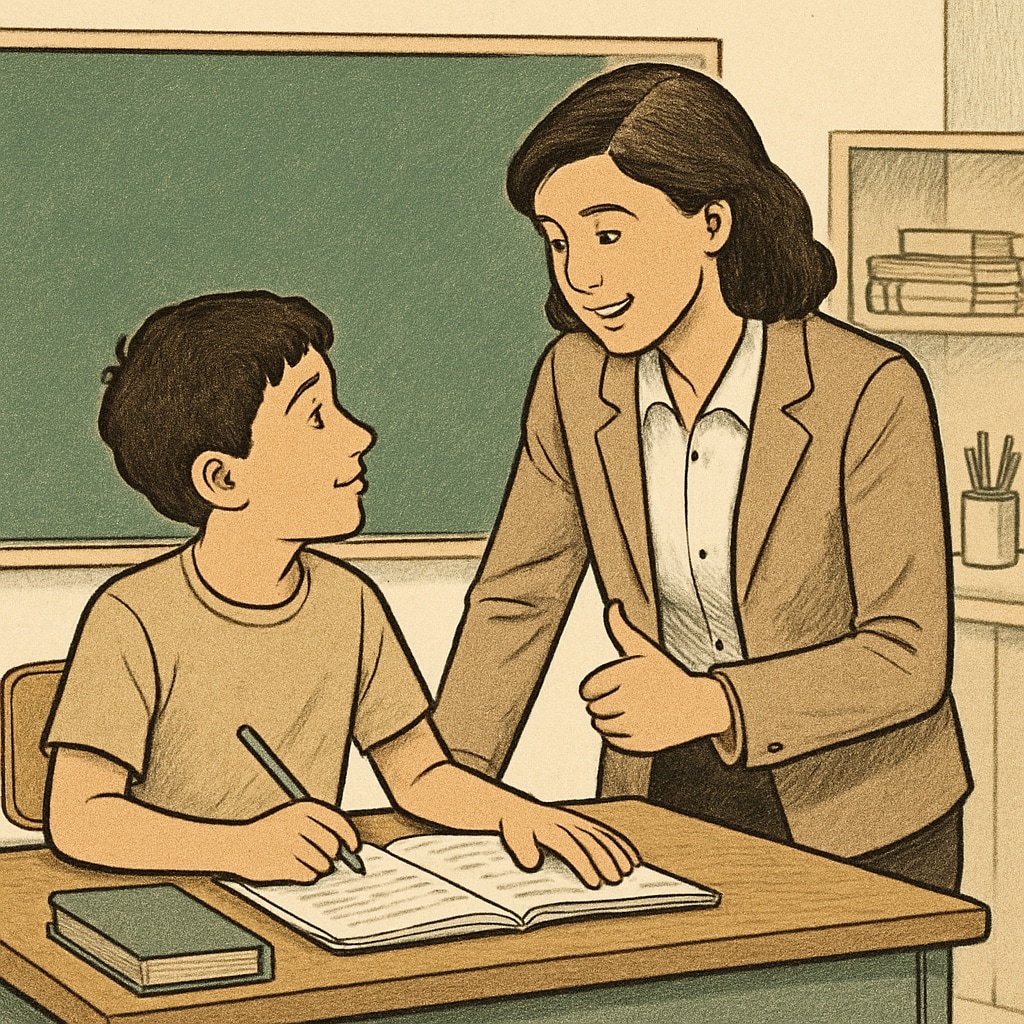The movie Whiplash, a gripping exploration of ambition and mentorship, vividly illustrates “educational extremes” and the ethics of tough love. The story revolves around the intense relationship between a young drummer and his ruthless instructor. This relationship raises critical questions about the balance between pushing students to their limits and safeguarding their mental health. In K12 education, finding this ethical equilibrium is as vital as it is challenging. How can educators inspire excellence without crossing the line into harm? This article delves into these complexities, analyzing the lessons from Whiplash and their application in real-world education.
The Paradox of Tough Love in Education
The concept of tough love has long been debated in educational contexts. On one hand, it can motivate students to achieve their potential by challenging them beyond their comfort zones. On the other hand, the risks of psychological harm and burnout are significant. In Whiplash, Fletcher, the instructor, embodies the extreme end of tough love. His methods include verbal abuse, humiliation, and relentless criticism, all justified in the name of greatness.
While Fletcher’s approach yields extraordinary results—his protégé Andrew achieves a near-perfect performance—it raises ethical red flags. Is it ever justifiable to push students to the brink of collapse for the sake of excellence? Research suggests that overly harsh methods can lead to long-term mental health issues, including anxiety and depression (Britannica on Mental Health). Thus, educators must consider whether the potential rewards outweigh the risks.

Balancing Challenge and Care in K12 Education
Unlike the fictional world of Whiplash, K12 education operates within ethical and legal frameworks that prioritize student well-being. Teachers face the dual challenge of fostering high achievement while ensuring a supportive environment. Striking this balance requires a nuanced approach:
- Setting High Expectations: Encouraging students to aim for excellence is essential, but expectations should be realistic and tailored to individual capabilities.
- Providing Constructive Feedback: Feedback should inspire growth, not fear. For example, instead of saying, “This is terrible,” a teacher might say, “Here’s how you can improve.”
- Building Relationships: A strong teacher-student relationship fosters trust, making students more receptive to challenges.
In addition, educators should be trained to recognize signs of stress and burnout. For instance, a student’s declining performance or withdrawal from class activities may signal the need for intervention.

Lessons from Whiplash for Modern Educators
While Whiplash portrays an extreme case, it offers valuable lessons for educators. First, it underscores the importance of understanding each student’s unique needs. Fletcher’s one-size-fits-all approach disregards individual differences, leading to unnecessary harm. Second, the film highlights the role of emotional intelligence in teaching. Empathy and active listening can create a more effective and humane learning environment.
Finally, the movie serves as a cautionary tale about the dangers of conflating success with worth. Students should be taught that their value does not hinge solely on achievements. As a result, they can pursue excellence with resilience and self-compassion.
Conclusion: A Balanced Approach to Educational Extremes
The ethical balance between “educational extremes” and nurturing care is a perennial challenge for educators. Whiplash vividly illustrates the potential consequences of tilting too far toward one side. By setting high expectations, providing supportive feedback, and fostering trusting relationships, teachers can inspire greatness without endangering student well-being. Ultimately, the goal is not just excellence but holistic development, ensuring students thrive both academically and emotionally.
As education continues to evolve, the lessons from Whiplash remain relevant. By reflecting on these themes, educators can better navigate the complexities of their role, balancing ambition with empathy.
Readability guidance: This article uses short paragraphs and lists to enhance clarity. Passive voice and long sentences are minimized, and transitional phrases ensure smooth flow. Educators and readers interested in ethical teaching practices will find actionable insights here.


